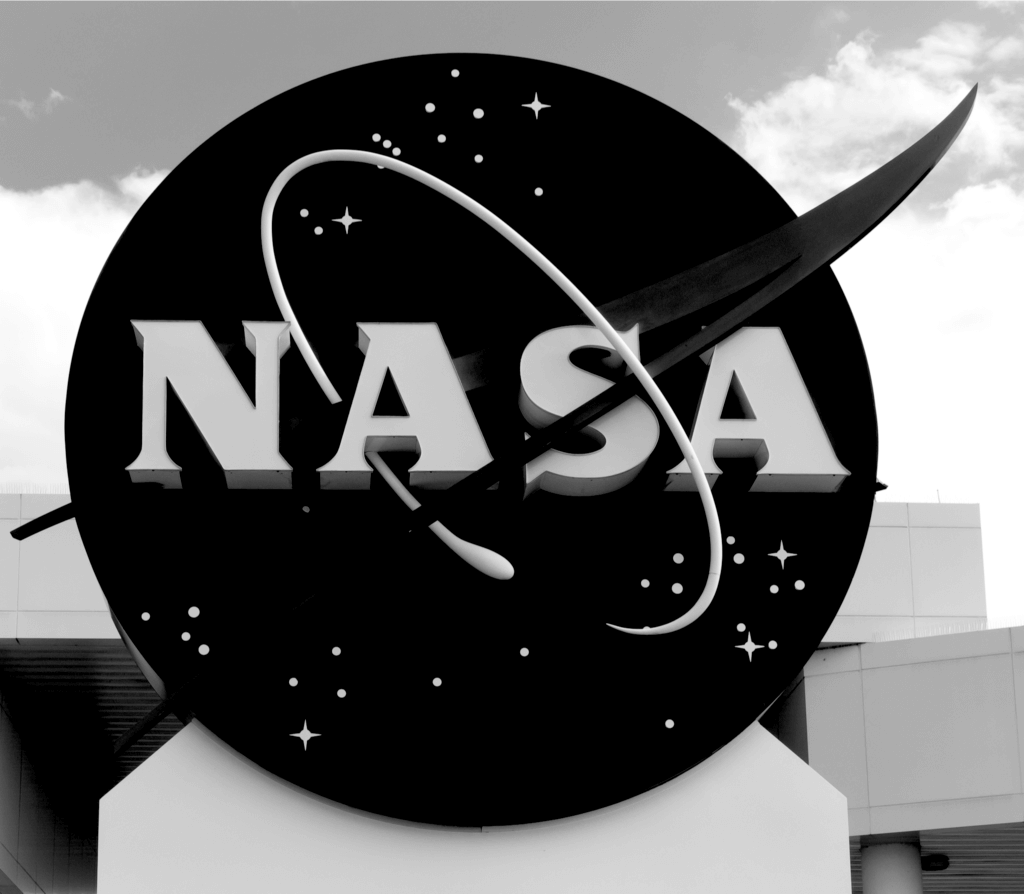On 13 April 1970, astronaut Commander Jim Lovell made one of the great understatements of the last century – “Houston, we have a problem” – and although we have to wait 50 minutes into the film version of that fateful moon mission to hear Tom Hanks say it, it still retains the ability to chill us. A compelling picture that grips, despite our knowledge of the outcome. And what makes the mission remarkable, is the human factor – the way people retained control over themselves, how they improvised, refused to give up, and collaborated altruistically in the face of something they had not experienced before or planned for.
The Apollo 13 story describes the classic ‘Sensemaking’[1] conundrum. Most of the research in this field has centred on big dramatic events that shared the following characteristics:
- High levels of technical challenge
- Very fast moving
- Threat to life or life taking events
- Extreme emotional pressure on leaders
- Extreme novelty
- Overwhelming amounts of equivocality
- And in light of above, the danger of doing something that worked for a different event, which makes matters worse
Apollo 13 and the lessons from Covid-19
Sounding familiar? It should. The Coronavirus crisis trapped leaders into relying on pre-existing frames of reference, and under pressure, to revert to those even if they did not fit what was in front of them. It also doesn’t help when the human condition, under extreme emotional pressure, reverts to what people have (past tense) reflexively known.
Chesley Sullenberger (‘Sully’) landing his plane on the Hudson river and indeed Apollo 13 are great examples of near misses i.e. all the conditions above were present and yet they survived. Apollo 13 is the better example because it shows how many different parts of the organisation rather than one person had to behave. At its core is the point about improvisation. Sully did what the rule book said he could not; on Apollo 13, they created an on-board square peg to fit a round hole (oxygen components) for a procedure to meet an ‘impossible’ event because none of the 27,000 procedures that had been written included this one.
What data do leaders really need in a crisis?
In terms of how to best to respond when such dramatic events unfold, Nassim Nicholas Taleb[2] suggests that precise analytics (about people) do not work. You have to give leaders enough general information to act and improvise as the event unfolds. Act-Refine-Re-Act very quickly. Hold too tightly and to old frames of reference and you die. In the life-threatening case, literally in the corporate sense, the organisations die.
Why is this relevant in today’s uncertain economy? Leaders need access to general and simple information to help them make the decisions they need to. Simple and accurate information, as provided by almost all survey providers with their normative approaches, is too narrow and too overwhelming at this moment in time. Leaders should be very wary of diagnostics that claim high levels of accuracy, especially in times of crisis.
Tensense helps business leaders see the wood for the trees
Tensense already works using the principles of Sensemaking – providing general and simple information that rapidly helps leaders understand the state that their organisation is in and where to focus for action.
The triage analogy from hospitals is a relevant one for businesses using Tensense: leaders need to know quickly what level of support is needed and where within the business it should be given. In some cases, it is minimal maintenance – significant impacts are not seen, while for others there is immediate urgency to the management focus needed. For a very short period in hospitals the norms and conventions have been suspended – time is too short. Organisations are in the same place.
Tensense allows the workforce to give their rapid-fire, intuitive input on the range of topics that matter to leaders – the rules engine in the software does the heavy lifting of the analysis in real time, leaders get alerted to emerging threats, adjust their decisions and move on to action.
Dr. Mike Carter is the Chief Scientific Officer at Tensense. Tensense has embedded the power of Sensemaking in software technology to help leaders understand their organisations quickly, effectively and efficiently, framing and supporting their decision-making
[1] Sensemaking is about how people make sense of their world by reducing equivocality or ambiguity. On Leading, Learning and Organising Change: a Sensemaking Perspective. Carter M. & Colville I. Organizational Learning & Knowledge 5th International Conference, 2003.
[2] Taleb N. Antifragile. 2012
“Houston, we have a problem”

